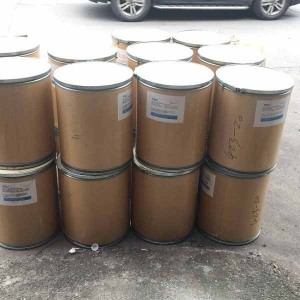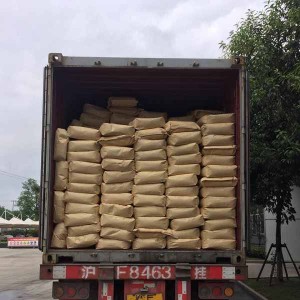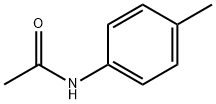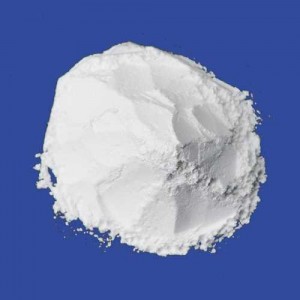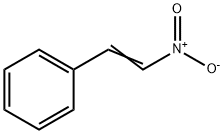CAS 64-19-7 Acetic acid
Acetic acid CAS 64-19-7, also known as acetic acid, is an organic compound with the chemical formula CH3COOH. It is an organic monobasic acid and is the main component of vinegar. Pure anhydrous acetic acid (glacial acetic acid) is a colorless, hygroscopic liquid with a freezing point of 16.6 ℃ (62 ℉). After solidification, it becomes a colorless crystal. Its aqueous solution is weakly acidic and highly corrosive, with strong corrosion to metals. Steam has a irritating effect on the eyes and nose.
Acetic acid is widely distributed in nature, such as in fruits or vegetable oils, where it mainly exists in the form of esters. Acetic acid also exists in the form of free acid in animal tissues, excreta, and blood. Many microorganisms can convert different organic compounds into acetic acid through fermentation.
Specification
Chinese name: Acetic Acid
Foreign name: Acetic Acid
Nickname: acetic acid, glacial acetic acid
Chemical formula: CH3COOH
Molecular weight: 60.052
CAS: 64-19-7
EINECS: 231-791-2
Melting point: 16.6 ℃
Boiling point: 117.9 ℃
Water solubility: soluble
Density: 1.05 g/cm ³
Appearance: Colorless transparent liquid with a pungent odor
Flash point 3: 9 ℃
Application
Acetic acid is a bulk chemical product and one of the most important organic acids. Mainly used for the production of acetic anhydride, acetate, and cellulose acetate. Polyvinyl acetate can be made into films and adhesives, and is also a raw material for synthetic fiber vinylon. Cellulose acetate can be used to manufacture rayon and film.
Acetates formed from lower alcohols are excellent solvents and are widely used in the paint industry. Because acetic acid dissolves most organic matter, it is also a commonly used organic solvent (such as for the oxidation of xylene to produce terephthalic acid).
Acetic acid can be used in certain pickling and polishing solutions, as a buffer in weakly acidic solutions (such as zinc plating and chemical nickel plating), as an additive in semi bright nickel plating electrolytes, and in passivation solutions of zinc and cadmium, it can improve the adhesion of the passivation film and is often used to adjust the pH of weakly acidic plating solutions.
Used in the production of acetate salts, such as salts of metals such as manganese, sodium, lead, aluminum, zinc, cobalt, etc., widely used as catalysts, auxiliaries in fabric dyeing and leather tanning industries; Lead acetate is a paint color of lead white; Lead tetraacetate is an organic synthesis reagent (such as lead tetraacetate as a strong oxidant, providing a source of acetyl groups, and preparing organic lead compounds).
Acetic acid can also be used as an analytical reagent, in organic synthesis, pigment and drug synthesis.
In the food industry, acetic acid is used as an acidifier, aroma enhancer, and flavoring agent in the production of synthetic vinegar. When acetic acid is diluted to 4-5% with water and various seasoning agents are added, the flavor is similar to that of alcohol vinegar, the manufacturing time is short, and the price is cheap. As an acid flavoring agent, it can be used for compound seasoning, preparing vinegar, canned food, jelly, and cheese, and used in moderation according to production needs. An aroma enhancer that can also be used to compose fragrant wine, with a dosage of 0.1-0.3 g/kg
Packing
200kg/drum
Storage
Store in a cool and ventilated warehouse. Keep away from sparks and heat sources. In winter, the warehouse temperature should be maintained above 16 ℃ to prevent solidification. Keep the container sealed. It should be stored separately from oxidants and alkalis, and mixed storage should be avoided. Using explosion-proof lighting and ventilation facilities. Prohibit the use of mechanical equipment and tools that are prone to sparks. The storage area should be equipped with emergency response equipment for leaks and suitable storage materials.
ChemicalCAS.com offers price quotation and technology support of chemical from China. In the quotation from China factory supplier, we will include price terms, payment, lead time, COA, TDS, MSDS etc. We make sure the reliable purchase source and product quality. If you need to buy chemical from China, please feel free to contact sales@chemicalcas.com






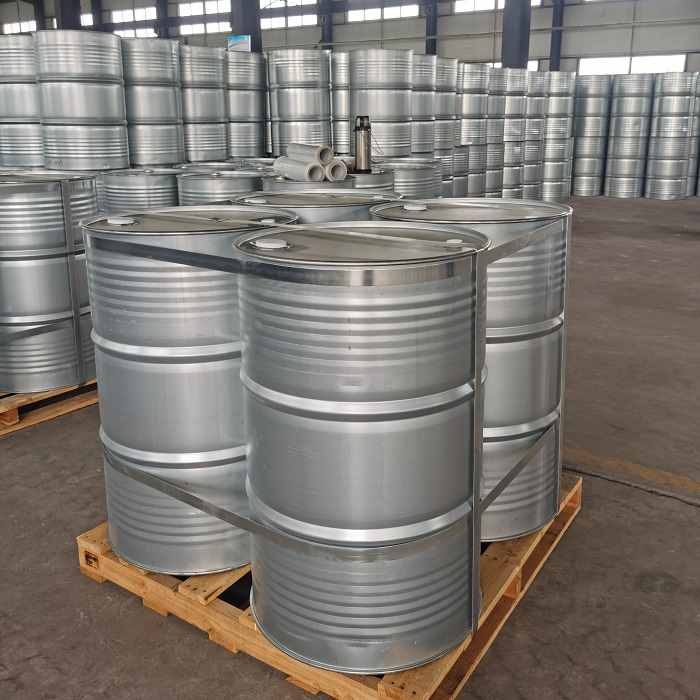
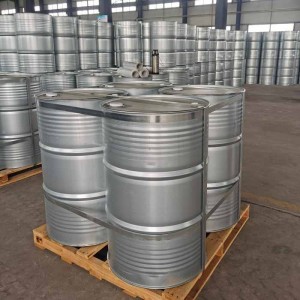
![CAS 68140-01-2 Amides, coco, N-[3-(dimethylamino)propyl]](https://www.chemicalcas.com/uploads/68140-01-2-300x300.jpg)
